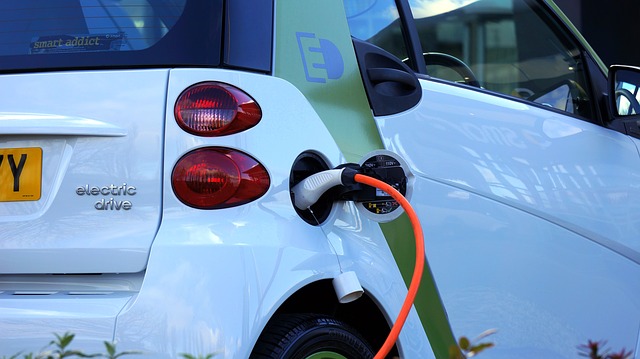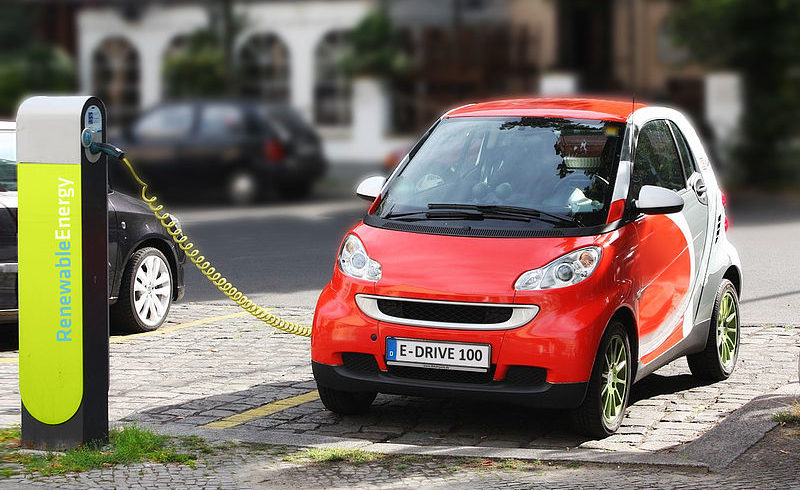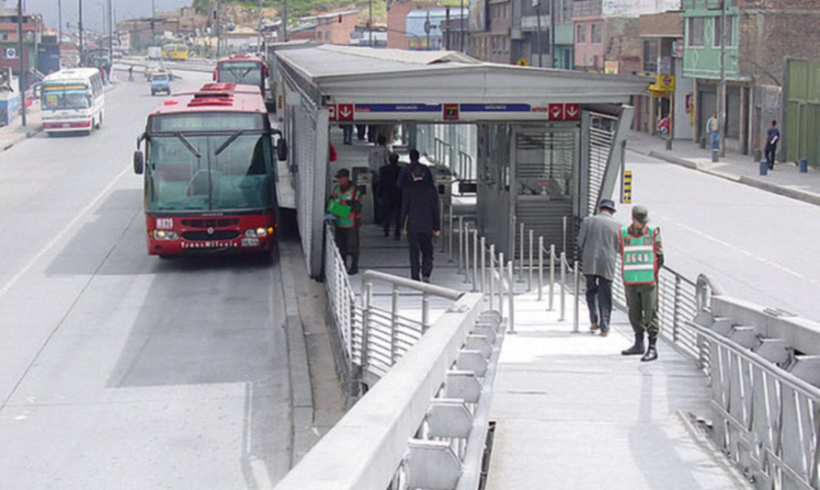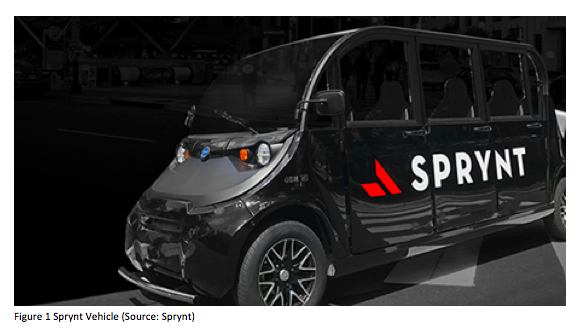By HEATHER MITCHELL What is “Comprehensive School Health”? Comprehensive School Health (CSH) is an internationally recognized framework for schools to follow in order to support...
Archive for category: transportation technology

4 Lessons from Bhopal and Bogotá on Launching Citywide Bike Sharing
Bike sharing has experienced astonishing growth since its first major breakthrough 20 years ago. Following the rise of dockless bike sharing, more than 1,000 cities worldwide now offer bike-sharing services. Around 300 cities implemented new systems in 2017 alone.
Bike sharing offers a bevy of benefits that make them attractive investments for sustainable cities. They help address mobility challenges such as congestion, poor air quality, high greenhouse gas emissions and lack of transport options. To help catalyze further expansion of this healthy and environmentally sustainable mode of transport, the Financing Sustainable Cities Initiative (FSCI) met with experts and cyclists in Bhopal, India, and Bogotá, Colombia.

The Road to Mass Market EVs in the USA
Over the last few years, the conversation has changed to not “if” but “when” the vehicle electrification revolution will occur. Many of the major automakers have recently announced strategies to focus on plug-in electric vehicles (EVs). Ford, realizing “an inflection point in the major markets toward battery electric vehicles”, created “Team Edison” dedicated on developing all-electric cars and plans to introduce 13 new battery electric vehicles by 2023. GM announced its commitment to an all-electric future and will offer at least 20 all-electric vehicle models by 2023. Volvo will have an electric motor in every car it sells beginning in 2019. Mercedes-Benz plans to offer each model in an electric version by 2022.

Car Dealerships as a Barrier to Electric Vehicle Uptake
A recent study conducted by Aarhus University in Denmark and the University of Sussex in the United Kingdom and published in Nature Energy has found that car dealerships are a key impediment to the uptake of electric vehicles (EVs) compared to diesel- and gasoline-fueled vehicles in Northern Europe. The study, which focusses on Nordic countries, found that this outcome stems from sales personnel failing to mention EVs and providing customers with misinformation about electric vehicle specifications, with a "bias towards selling traditional, internal combustion engine vehicles (ICEVs) instead." Importantly, the study found that of the 126 car dealerships examined and that sell EVs, over three quarters neglected to mention electric vehicles.

The People of Bogotá Want Cleaner Air. Will the City Listen?
Bogotá is one of Latin America’s most polluted cities – but thanks to its citizens, its air may be getting cleaner.
A decision from the mayor’s office to keep using diesel fuels in the next generation of buses in the city’s bus rapid transit (BRT) system, TransMilenio, set loose a series of events, led by citizens, demanding cleaner air and challenging the local paradigm that less-polluting fuels are too expensive to consider. Today, Bogotá is closer than ever to a cleaner BRT fleet.
What can we learn from Bogotá? Citizens have the power to promote sustainable development, even when there is an apparent lack of political leadership through sustained political organizing and pressure.

Sprynt – A Sustainable Urban Mobility Solution from the U.S.
Sprynt is in an innovative startup that provides 100% free transportation to the passengers. It started its operation in June 2017 in the Rosslyn-Ballston Corridor in Arlington, Virginia (United States), covering five different neighborhoods. This original business model includes highly targeted and customized advertising solutions to local businesses and national brands, while keeping the rides 100% free of charge for passengers. Sprynt is an on-demand transportation mode, similar to Uber and Lyft, where passengers request the service through an app on their phone. Different than the others on-demand ride services, Sprynt is 100% free of charge and is 100% electric.
The company not only contributes to sustainable urban mobility, but also to the economic development of the area in which it operates, by creating local jobs, and fostering the sales of local businesses, including restaurants and shops. The company currently employs ten people and is planning to hire more in the future. With 13,000 mobile app downloads, Sprynt connects residents to local businesses with an average of 5,000 rides per month, with both recurrent passengers and new ones.

Cities of The Future: Integrating Climate Planning and Smart Technologies
By ARMANDO GAETANIELLO, Leaders in Energy In 2012, the economic cost of climate change related damages had already topped the US government’s spending for transportation...

The Need For A New Fuel Paradigm: Transitioning From Legacy Fuels to Modern Efficient Fuels
By BILL BRANDON Bill Brandon is an architect by training. Since 1972, his design/build firm has been engaged in substantial residential additions and renovations in the...


